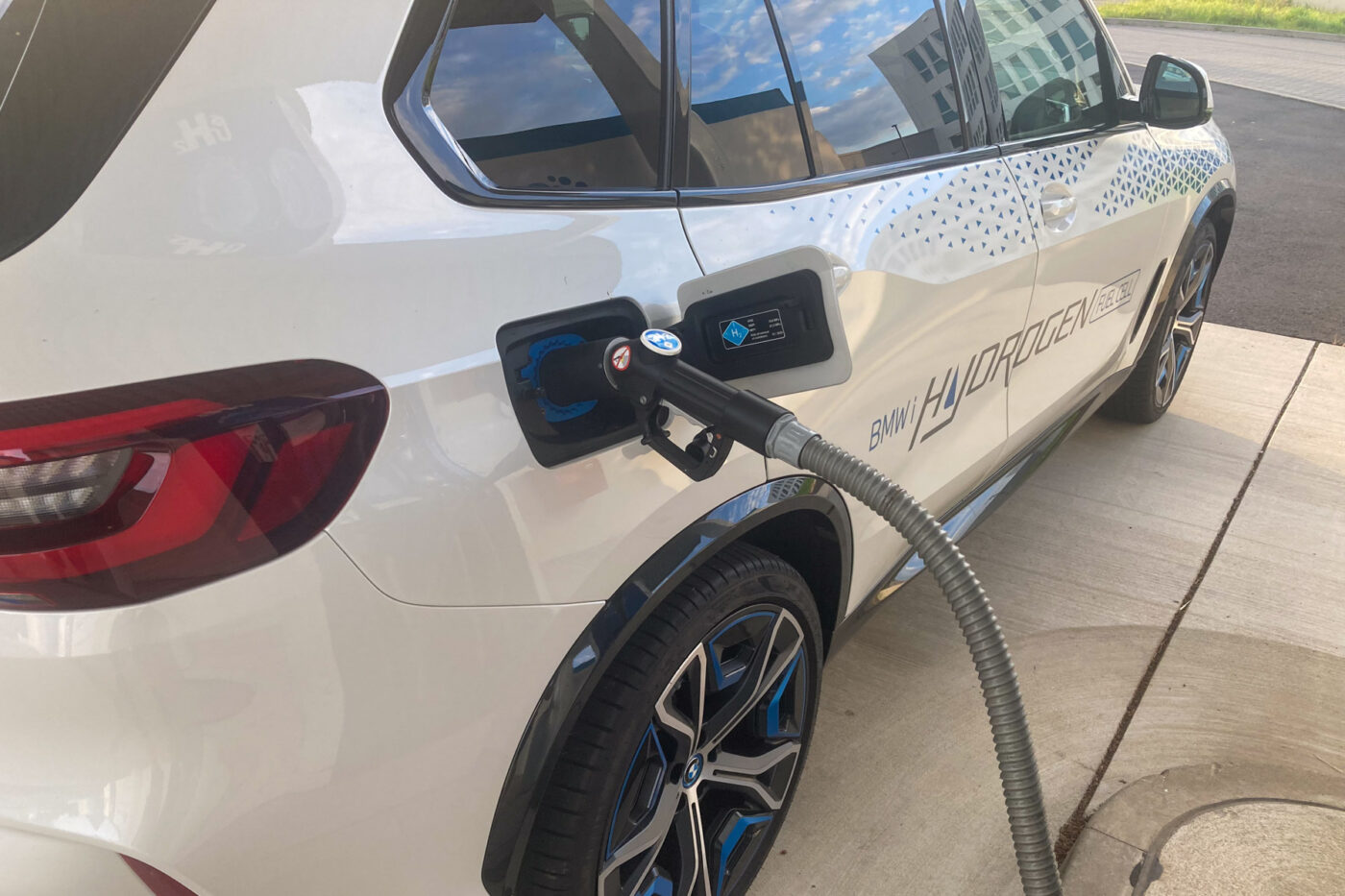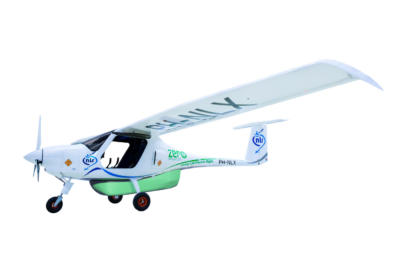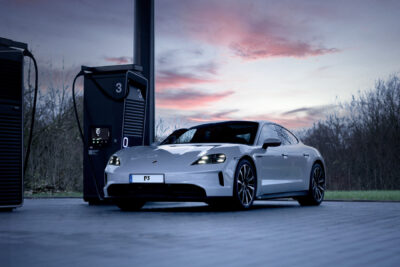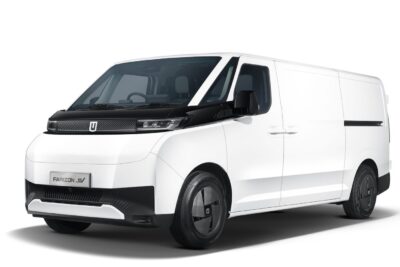BMW and Toyota to extend fuel-cell alliance
That is what the Japanese portal Nikkei reports. The two carmakers have been working together on the development of fuel cell cars since 2012 and already renewed their agreement last year. BMW has been developing fuel-cell cars for many years but gets the fuel cell from Toyota. The Munich-based company focuses on other components and integrating the overall system into the vehicles.
As per the report, an extended partnership could mean that “Toyota will supply BMW with more key components for the vehicles, including hydrogen tanks and fuel cell systems.” The Japanese company currently supplies the cells, while the stack and the overall system were developed in-house by BMW. According to the article, the partnership could be announced during BMW’s media round table on 5 September. If confirmed, BMW could cut down on development cost by fully incorporating Toyota’s fuel cell system.
By the way, Nikkei reports that the strengthened partnership could also include a cooperation on hydrogen supply infrastructure in Europe. There are still significantly less hydrogen filling stations across Europe than there are charging stations.
So far, BMW has only put a demonstration fleet of the iX5 Hydrogen on the road. electrive had a chance to test drive the FCEV earlier this summer – read about our take on the technology here. According to earlier reports from the German newspaper Handelsblatt, the sister models X6 and X7 could be optionally delivered with fuel cells from 2027, following their model change. Even the Neue Klasse, which focuses on electric drives, could optionally be equipped with fuel cells. And that, even though BMW clearly described the new platform as “BEV-only” in an official announcement in March 2023.
It remains to be seen what the cooperation will mean in the long term. At this point, fuel-cell cars are rare and too expensive. As is hydrogen fuel. In California, where Toyota sells its own FCEV, the Toyota Mirai, prices have risen to $30/kg. And our driving report showed that prices in Germany are also quite high. That is probably one of the reasons why Toyota has only sold 22,000 Mirai worldwide since 2014.
BMW’s iX5 Hydrogen is supposed to go into series production by the end of the decade. The German carmaker has yet to announce a price.





0 Comments